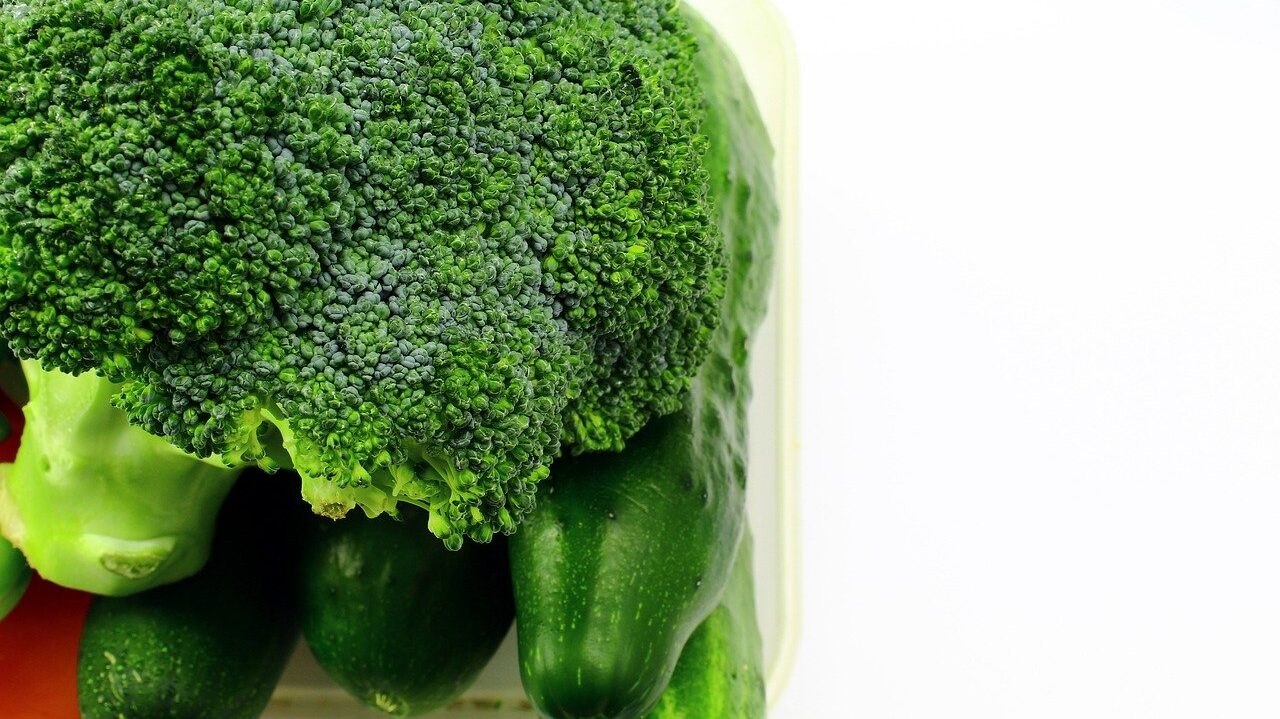What is nutritionology in simple terms
The word “nutritiology” comes to us from the Greek language and is translated as “the science of nutrition. In simple words, nutritiology is a science that studies such issues as food intake, composition of foods, their combination and their effects on the human body.
Even ancient people were interested in how nutrition affects people. Each culture gradually developed certain food habits that corresponded to the habitat and social structure of the particular society.
However, traditional food systems are totally inappropriate for modern humanity, which lives in an era of large-scale industrial production and urbanization. The cult of eating on the go flourishes, and genetically modified and lavishly chemicalized food has long been the norm for all of us. And, of course, these factors seriously compromise human health.
What is the difference between dietetics and nutritiology?
A nutritionist is a nutrition and lifestyle specialist.
Both a nutritionist and a dietitian deal with nutrition, but they are fundamentally different in the following ways:
A nutritionist deals with people with diseases and prescribes medications, treatment tables and diets.
The nutritionist helps to increase health in the conditionally healthy person with an individualized approach to the particular body, taking into account the lifestyle of the mentee.
He knows everything about the composition of foods (even the most unobvious facts), their interaction with the body, useful and harmful effects on health.
He studies the biochemical composition of food and its effects on the human body in order to prevent disease and improve well-being and health.
With the help of questionnaires and tests, he helps you understand the condition of your body and, if necessary, refers you to a doctor for a diagnosis.
He or she will choose the necessary supplements to replenish vitamins and other vital substances, the deficiency of which can lead to serious health consequences.
He helps to adjust the way of life and nutrition individually for a particular person, depending on his needs: to lose weight, gain muscle mass, improve health and well-being, increase energy levels, as well as for the prevention of many diseases, and all this without the use of medicines.
The main task of the nutritionist is to help the client understand himself and his body, and to help him function as comfortably and healthily as possible, and to build his diet in the most optimal and conscious way.
The nutritionist takes into account a host of factors, from the patient’s genetic predisposition to their current state of health and psychological factors.
The need for nutritional knowledge in simple terms
What we eat determines our health, well-being, and longevity. Food can give you a lot of vitality, or it can make you sick.
The cells of the human body are constantly in a process of renewal. Every minute something wears out and is replaced by other components. Every five years our body is 95% renewed. What that body will be depends on what you build it from.
How you look and feel now is the result of what you have eaten recently. Thus, the less nutritious your food (poor in vitamins, minerals, antioxidants), the more problems you will face.
The depletion of vital resources and the malfunctioning of body systems leads to illness. If you don’t want that, you should approach nutrition sensibly.
Medicine more often than not does not take this into account. Out of habit we think that our body consists of separate organs. And if it hurts, for example, the heart, then we go to a cardiologist, if the throat, then to the ENT, and if the stomach, then to a gastroenterologist. But most often a person has several ailments at once, just at the moment something bothers him a little more.
Each doctor is only interested in the symptoms in a particular organ and ends up prescribing medicine, ignoring the whole picture.
Nutritiology convinces us that a balanced diet in every sense provides energy, supports optimal functioning of all body systems, protects organ function, supports optimal metabolism, strengthens the body, slows aging and is reliable disease prevention.




